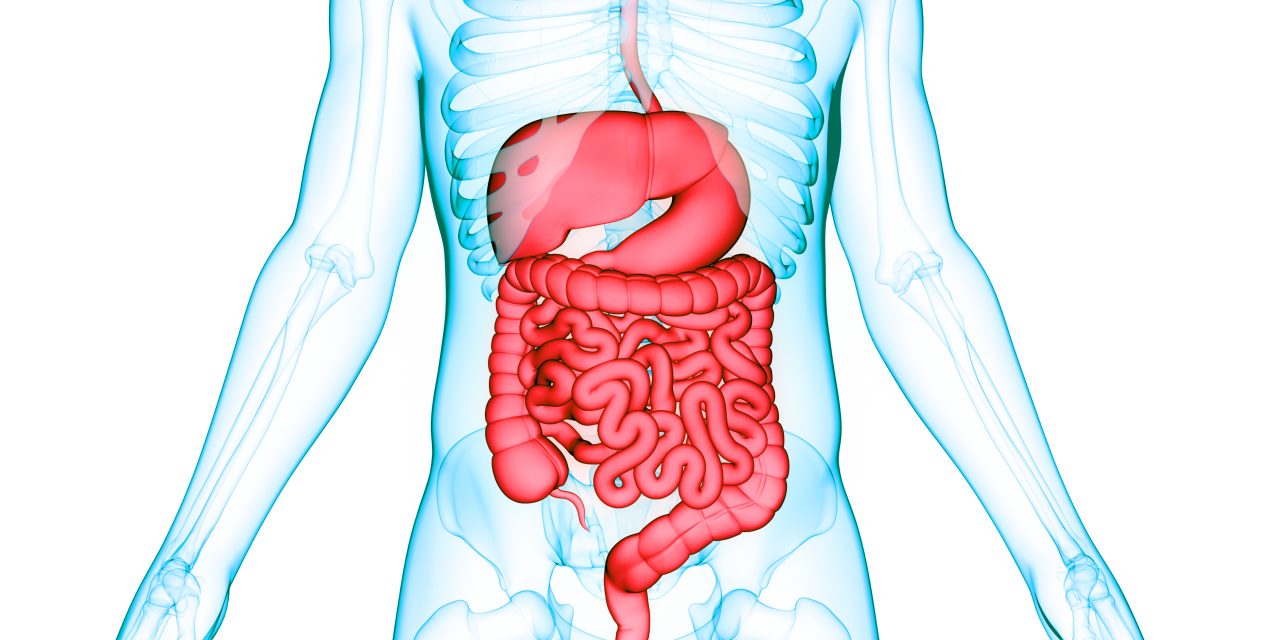Pro-inflammatory cytokines are dysregulated in Crohn’s disease (CD) and could serve as surrogate markers to improve diagnostic and therapeutic approaches, potentially addressing an unmet need. We profiled circulating biomarkers and whole blood transcriptional pathway activity to identify those associated with CD using data from the phase 2 FITZROY study with filgotinib, an oral preferential janus kinase-1 inhibitor.
Patients with serum and whole blood samples taken from the induction period were included. Serum cytokines were measured (ELISA), whole blood RNA sequenced, and stool samples taken to measure fecal calprotectin (FC). Spearman’s Rank correlations were assessed between biomarkers and baseline disease activity; post-treatment endoscopic improvement was measured by the Simplified Endoscopy Score for CD (SES-CD), FC and the Crohn’s Disease Activity Index. Effect of filgotinib on circulating biomarkers was also evaluated.
Serum biomarkers (n = 168) and whole blood RNA sequencing (n = 104) were assessed. Moderate correlation between serum analytes with SES-CD and FC was noted; most highly correlated were acute phase proteins CRP (rho = 0.35 [SES-CD] and 0.47 [FC]), serum amyloid A (rho = 0.40 and 0.39, respectively) and pro-inflammatory cytokines interleukin (IL)-6 (rho = 0.31 and 0.30, respectively), IL-22 (rho = 0.36 and 0.35, respectively), and oncostatin M (rho = 0.35 and 0.33, respectively). Filgotinib treatment was associated with reduction of many candidate biomarkers, particularly in patients with treatment response. Early changes in IL-6 and IL-10 may be prognostic for endoscopic response.
Several circulating factors with potential as CD activity biomarkers were identified. Larger studies are necessary to investigate the best utility of these markers for CD.
© 2021 Crohn’s & Colitis Foundation. Published by Oxford University Press on behalf of Crohn’s & Colitis Foundation.
Effects of JAK1-Preferential Inhibitor Filgotinib on Circulating Biomarkers and Whole Blood Genes/Pathways of Patients With Moderately to Severely Active Crohn’s Disease.


